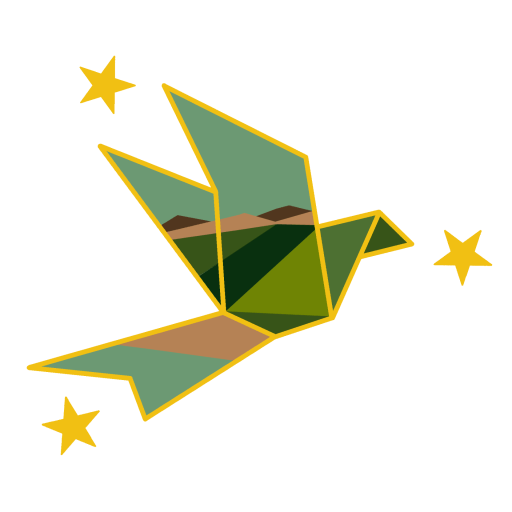Transcript:
Hello and welcome to Sowing Seeds: Filipino American Stories from the Pajaro Valley. I’m Dr. Kathleen Gutierrez, and I’m a lead researcher on the Watsonville is in the Heart research initiative, a partnership between UC Santa Cruz and The Tobera Project.
Sowing Seeds highlights and expands the history and memory of the first generation of Filipino farmworkers to settle in the Pajaro Valley in the early twentieth century. Affectionately known as the manong generation, this group of primarily young men came to the United States at the beginning of the US overseas empire in the Philippines. As colonial subjects, Filipino men and to a lesser degree, Filipino women, were given passage to labor as agricultural and cannery workers in Hawaii, California, Oregon, and Washington, but were not afforded the rights and privileges of citizenship.
Manong faced xenophobic rhetoric, exclusionary practices, and anti-Asian hate crimes, all of which escalated in the 1930s with the global Great Depression. In order to survive, Filipino community members created spaces of belonging and forged alliances across ethnic, racial, and class divisions. This exhibition investigates their tactics of survival by bringing together archival materials, oral history interviews, and contemporary artworks to feature multidimensional narratives of belonging, community formation, and memory preservation.
Oral history interviewing is foundational to Watsonville is in the Heart. Our team of researchers has interviewed descendants of the manong generation, and they have shared memories of their manong fathers and of their Filipina and non-Filipina mothers, whom we collectively refer to as manang. Their narratives have become the blueprint for this exhibition. We’ve created an audio guide that pairs short clips of selected oral history interviews with objects and sections of the exhibition. The words of our narrators drive our central themes and emphasize how objects hold precious stories that can reveal rich Asian American histories. We hope this audio guide will inspire you to listen to the full interviews, which can be found online. Thank you for listening, and on behalf of Watsonville is in the Heart, we welcome you to the exhibition.
